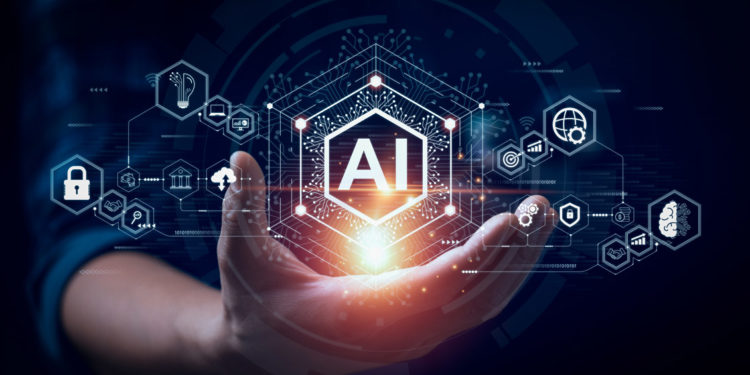Over the recent years, tech giants and policy makers have consistently argued that artificial intelligence (AI) will disrupt the job economy by creating more jobs than it eliminates. They compare AI to past technological revolutions, which disrupted industries but eventually spurred economic growth and new employment opportunities. However, skeptics argue the high rate at which AI is being adopted by various industries is unproportionate to the replacement of jobs that will be lost due to rapid adoption of AI. Is their skepticism valid? Will artificial intelligence succeed in generating enough jobs to replace the ones it crashes, or is this belief a comforting myth?
We shall be analyzing two schools of thought. One is the optimistic stance which favors AI to be a sustainable job creator and the second one is the skeptical narrative which maintains that AI eliminates more jobs than it is creating.
AI proponents argue that in the long run, there will be AI-centered industries that will attract new roles such as data scientists and engineers, AI specialists and automation engineers. Furthermore, historical patterns suggest that technological displacement of certain jobs will encourage innovation leading to creation of new jobs. Companies that use AI for their daily activities have become more efficient and competitive, leading to economic growth and job creation in various departments.
However, skeptics reveal a harsh reality on the impact of AI on job creation claiming that AI is destroying more jobs than it is creating. First, AI is automating jobs at an unmatched rate leaving new industries in confusion since they are struggling to absorb displaced workers quickly enough. White-collar jobs also stand a risk of being replaced because AI is taking over functions that could be achieved by analysts, authors and lawyers. Also, companies that are adopting AI are using it as a means of cutting costs rather than job creation. Third, many of these AI-centered jobs require high-skilled professionals which makes it difficult for the displaced workers to upskill since it requires intensive training.
Although there have been different technological revolutions in the past such as the Internet boom in the 2000s, the AI boom is unique because it is not only disrupting one sector but all industries at the same time making job displacement more rapid and unprecedented. For instance, companies have decided to use AI-generated photos on billboards for advertisement. Before AI, companies would hire models for such functions. Unfortunately, that’s not the case anymore.
Several measures could mitigate AI’s disruptive effects. First, education curriculums need to be revised to ensure that learners are being informed about the various opportunities that surround AI. Also, companies need to strive to upskill their workers around AI functions instead of displacing them out of their jobs. This will help in enhancing job opportunities.
Labour unions could protect workers by advocating for strict guidelines on AI integration in workplaces. The assumption that AI will generate more jobs than it eliminates is a decision that lies on how society reacts. AI will increase job losses and income inequality if companies prioritize cost reduction over the impact of people. However, with proactive measures, we can shape AI’s impact to create a more inclusive economy. But the question still remains, are we preparing for AI’s impact on jobs or are we waiting for history to repeat itself?

















